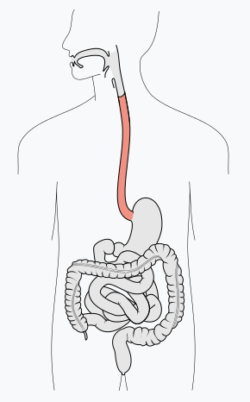Dysphagia is a condition characterised mainly by difficulty in swallowing. It is often under-recognised in the health and care sector. Although it can affect people of all ages, it is particularly common among the elderly and those with medical conditions like stroke or neurological diseases including Parkinson’s and Alzheimer’s.
How to recognise dysphagia
Proper training is key to recognising the signs of dysphagia. These can include coughing or choking during meals, unexplained weight loss and repeated chest infections. Good clinical training courses on dysphagia will cover other signs such as regurgitating food (sometimes through the nose) and voice changes when eating or drinking.
As a health or care professional, it is crucial to understand the complexities of dysphagia and how to manage it, as this can have significant implications for the health and well-being of those in care. Clinical training providers such as www.tidaltraining.co.uk/clinical-training-courses/ offer courses covering all practical aspects.
Causes and impact of dysphagia
There are a number of causes of swallowing problems, but they are usually a result of another health condition. The most common causes are certain medicines, neurological conditions, various cancers and breathing conditions such as COPD.
Dysphagia can lead to a range of issues, including malnutrition, dehydration and aspiration pneumonia. Early detection is vital to ensure that supportive management can be put in place. In older people, dysphagia can have a severe impact on quality of life, particularly towards the end of life. The British Geriatric Society gives useful advice about this here.
Management of dysphagia
Treating dysphagia depends on what is causing it and how severe the issues are. Some people find that a short-term problem may get better by itself, but many will need intervention and support.
There is a range of management strategies for dysphagia, including modifications to food and drink such as using thickeners and softer foods. Speech and language therapists can provide swallowing therapy and there are also adaptive devices like modified cutlery that people can be trained to use. For those with more severe problems, feeding tubes and even surgery may be considered.


